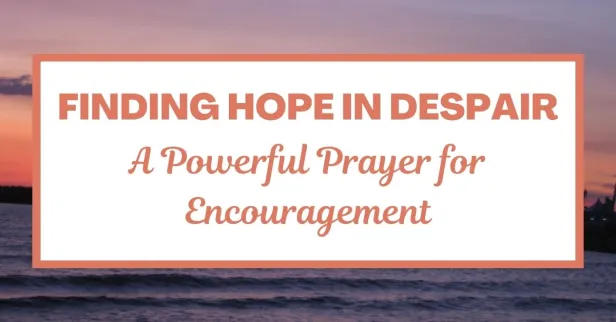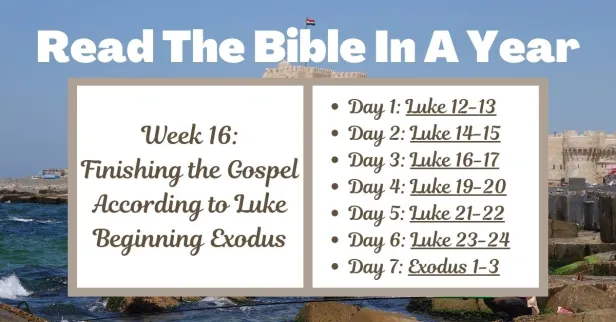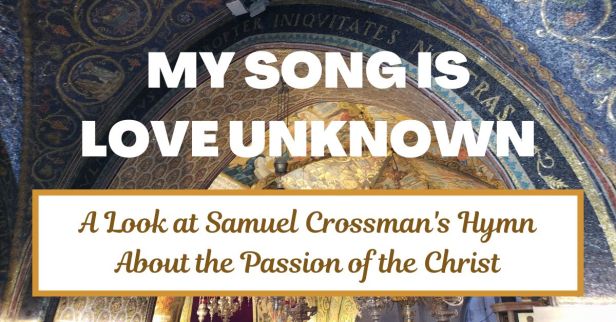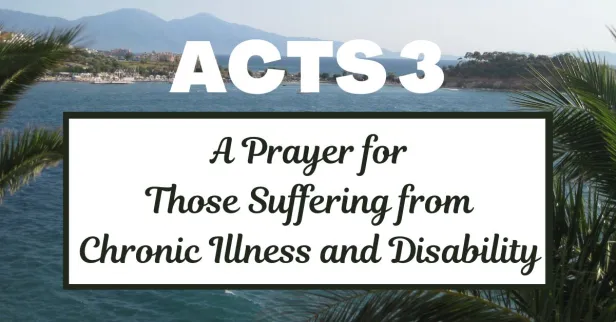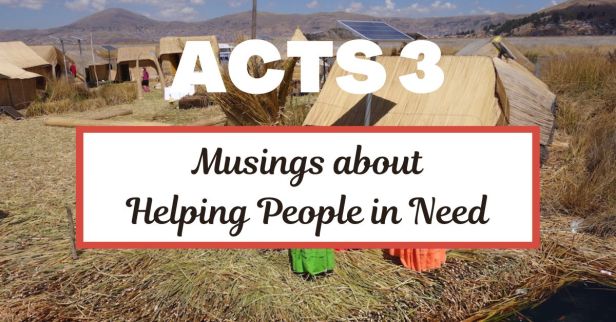The intriguing question posed by Jesus to a crippled man in John 5:6 (ESV) has long fascinated me: “Do you want to be healed?” For many years, I grappled with why Jesus would ask such a question and why the man’s response might not be an immediate and resounding yes. My perspective shifted when I discovered that certain foods were causing me severe joint pain. Now, with every meal, I find myself pondering, “Do I genuinely want to be well?” Am I willing to forsake specific foods and adhere to a restrictive diet for the sake of my well-being? Some days are undoubtedly easier than others.
This dilemma is not uncommon. Doctors advise us to eat right and exercise, yet we frequently choose otherwise. Prescribed medications for serious conditions often go forgotten due to perceived side effects. We might even utter, “I am waiting for God to save me,” seeking solace in divine intervention. However, a popular joke sheds light on the irony of this approach:
A man is sitting in his house when the flood comes. Eventually, some of his friends come by in a row boat, but he tells them that he is waiting for God to rescue him.
The flood waters keep rising, so he goes out to his balcony. A motorboat comes by and tells him to get in, but the man refuses. Despite the cajoling about the man’s imminent death, the man says, “God will rescue me, go save someone else.”
Things become even more perilous, and the man has to go up to the roof, where a helicopter comes by. “Last chance, mister, you need to get on this helicopter now!” However, the man still rejects help, and as predicted, he drowns in the flood.
Coming to the gates of heaven, he encounters St. Peter and asks why God didn’t save him. In exasperation, St. Peter says, “God sent you a row boat, then a motor boat, and finally a helicopter, but you refused them all.”
Common joke with many variations.
This narrative echoes the attitude many adopt concerning Jesus’ healing. So often, we desire a direct touch from Jesus to make us well.
Now there is in Jerusalem by the Sheep Gate a pool, in Aramaic called Bethesda, which has five roofed colonnades. In these lay a multitude of invalids—blind, lame, and paralyzed. One man was there who had been an invalid for thirty-eight years. When Jesus saw him lying there and knew that he had already been there a long time, he said to him, “Do you want to be healed?” The sick man answered him, “Sir, I have no one to put me into the pool when the water is stirred up, and while I am going another steps down before me.” Jesus said to him, “Get up, take up your bed, and walk.” And at once the man was healed, and he took up his bed and walked.
John 5:2-9 (ESV)
While Jesus and his disciples no longer walk among us, the Holy Spirit remains present. While I do believe that miracles still happen, the may take different forms today than in Jesus’ time.

As we consider the differences between our time and Jesus’ time, did the Holy Spirit inspire Alexander Fleming in inventing penicillin? How involved was the Holy Spirit in Edward Jenner’s creation of the smallpox vaccine? Is it the Holy Spirit guiding modern allergy shot developments by inspiring individuals like Leonard Noon? Though Jesus may not touch us directly, God influences numerous medical discoveries. These may not be as instantaneous as biblical miracles, but they remain valuable gifts from God.
What does it signify when we reject the blessings that God has put into the world? What does it say when we reject the advice that the Holy Spirit is whispering into our ears? Do we really want to be well? How can we find joy in the process? These questions invite introspection into our choices and attitudes towards well-being, urging us to consider the diverse ways in which God’s blessings manifest in our lives.
Reflection Questions
- After reading about the man in the flood joke and the biblical account of Jesus asking, “Do you want to be healed?” reflect on instances in your life where you may have resisted help or blessings that were presented to you. What factors influenced those decisions?
- Consider the personal dilemma mentioned in the blog post regarding dietary choices for well-being. Are there aspects of your life where you face similar choices between comfort and well-being? How do you navigate such decisions?
- The narrative touches on the tendency to wait for divine intervention while neglecting practical solutions. Are there situations in your life where you’ve relied solely on faith without actively participating in solutions? How might you strike a balance between faith and practical action?
- Reflect on the role of the Holy Spirit in inspiring medical advancements like penicillin and vaccines. How do you perceive the intersection of faith and scientific progress in your own beliefs? Are there areas where you see divine influence in everyday innovations?
- The blog suggests that rejecting blessings and ignoring the advice of the Holy Spirit might hinder well-being. Take a moment to reflect on any recent instances where you may have ignored inner guidance or overlooked blessings. What lessons can be drawn from those experiences?
- Consider the broader concept of well-being beyond physical health. How does your spiritual and emotional well-being factor into your overall state of being? Are there areas in your life where you could enhance your well-being through a more holistic approach?
- The blog post raises the question: Do we really want to be well? Ponder on your own desires for well-being. What specific actions or changes in mindset can you implement to actively pursue and maintain a state of well-being in your life?
Subscribe
If you enjoyed this post and wish to receive more Christian content, feel free to subscribe to my newsletters!
Related Resources
Visit the Joyful Moments in Christ homepage for all posts, or scroll through other blog posts related to health and healing:
English Standard Version (ESV): Scripture quotations marked (ESV) are taken from the ESV® Bible (The Holy Bible, English Standard Version®), © 2001 by Crossway, a publishing ministry of Good News Publishers. Used by permission. All rights reserved. The ESV text may not be quoted in any publication made available to the public by a Creative Commons license. The ESV may not be translated in whole or in part into any other language.


